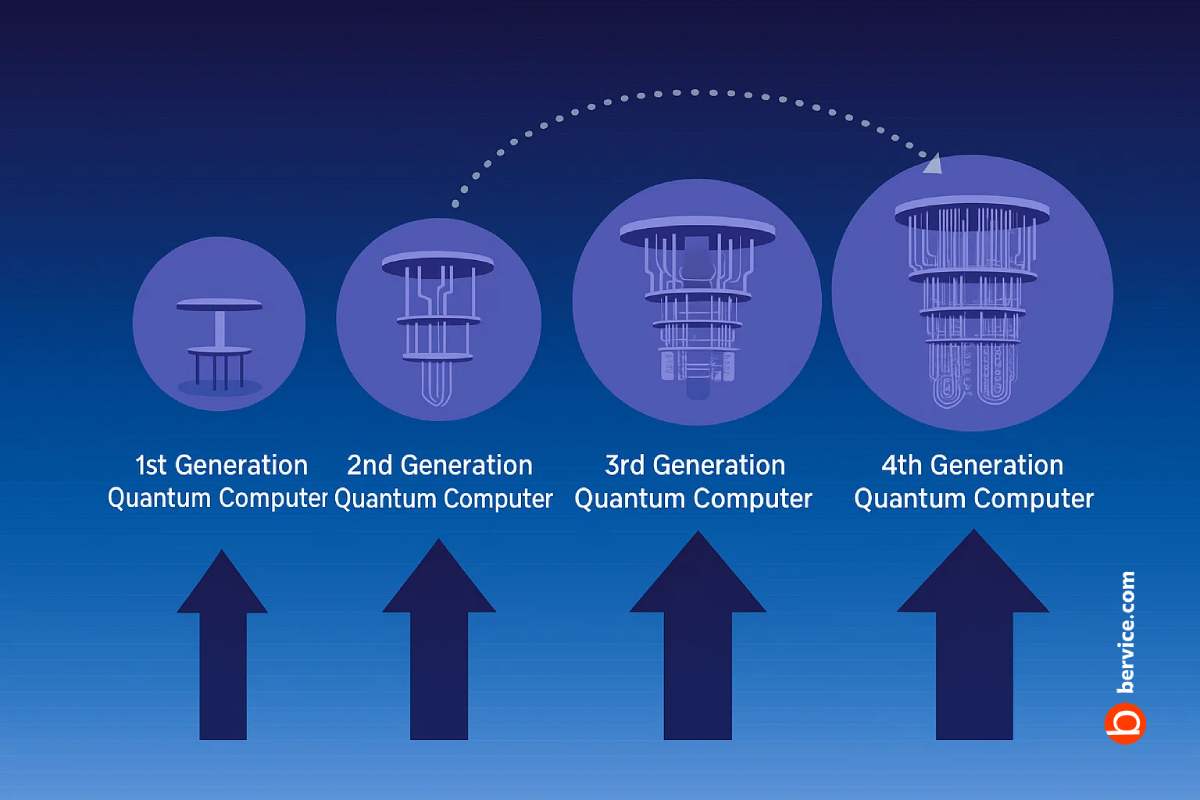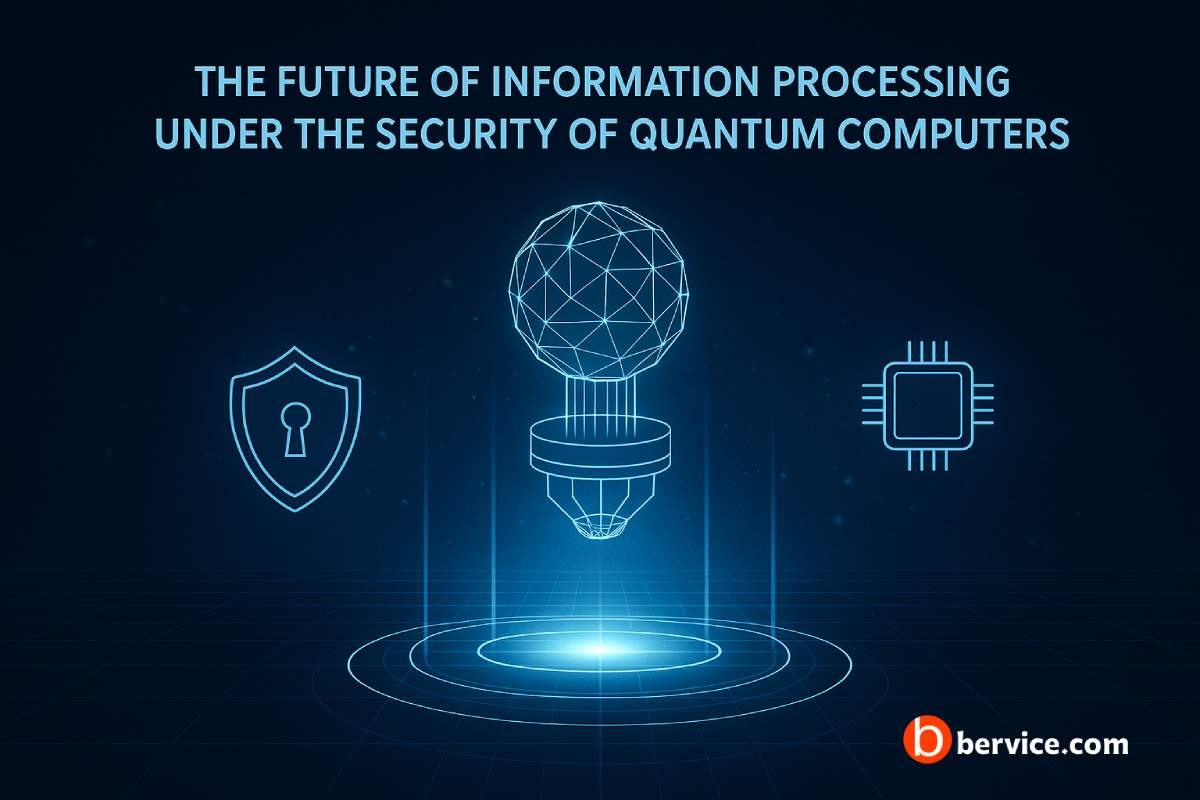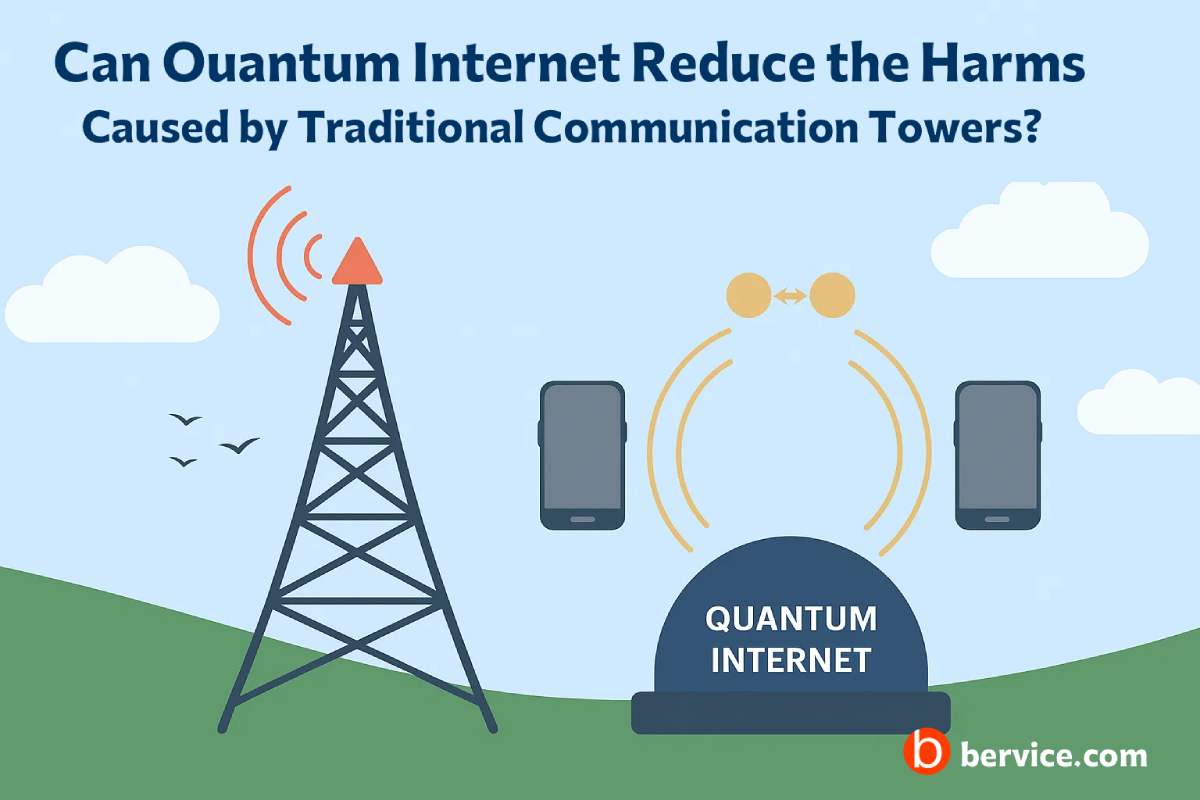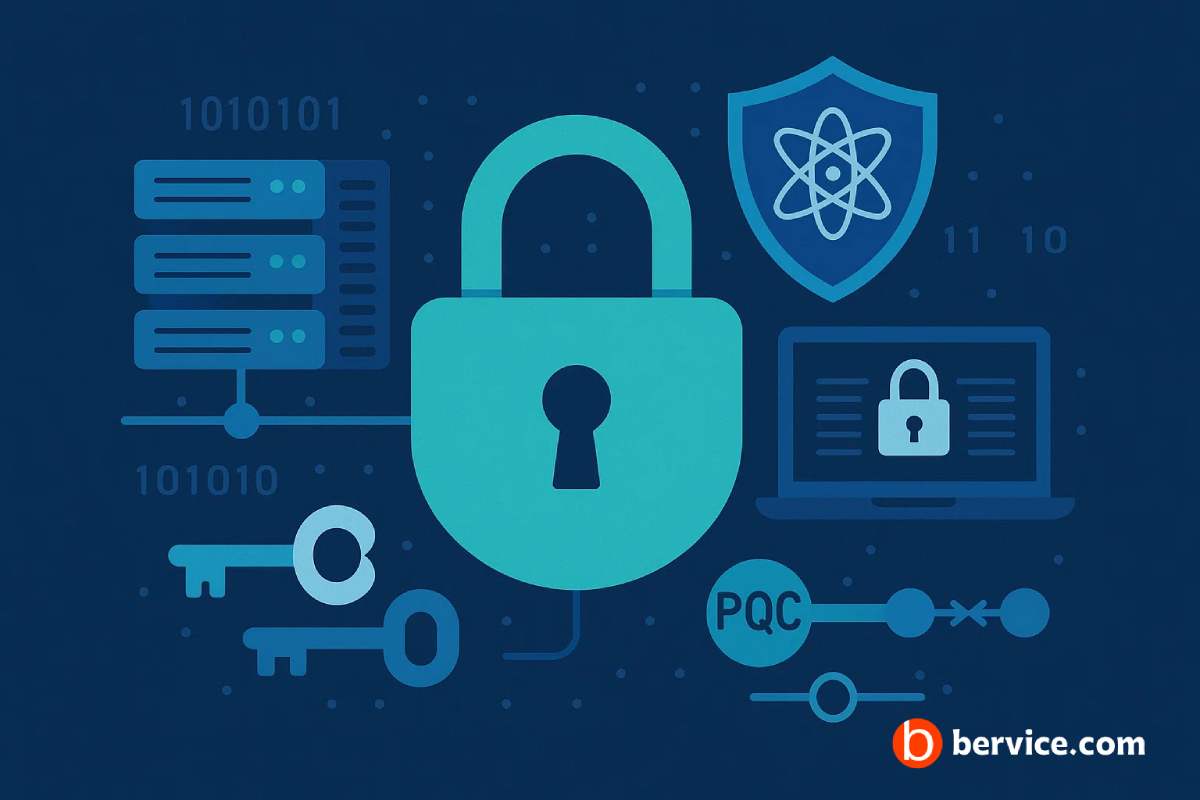
As quantum computing evolves, one of the most pressing concerns for industries worldwide is how it will impact data security. Quantum computers have the potential to break the encryption systems that form the backbone of current cybersecurity. In response to this, post-quantum cryptography (PQC) has emerged as a vital field in the quest for securing data against quantum threats. This rapidly developing area of study not only opens new avenues for cybersecurity but also creates numerous career opportunities. In this article, we explore the future jobs in the world of post-quantum cryptography.
What is Post-Quantum Cryptography?
Post-quantum cryptography refers to cryptographic algorithms that are designed to be secure against the potential threats posed by quantum computers. Traditional encryption algorithms like RSA and ECC (Elliptic Curve Cryptography) rely on mathematical problems that quantum computers could solve exponentially faster than classical computers, rendering them vulnerable. PQC aims to develop new cryptographic protocols that will remain secure even in the age of quantum computing.
The Rise of Quantum Threats
Quantum computers, once fully realized, will be capable of performing computations that classical computers cannot even begin to approach. This ability will allow them to break current cryptographic algorithms that rely on the hardness of problems like factoring large numbers or solving discrete logarithms. As such, the shift to post-quantum encryption is becoming critical for industries that rely on secure communications, including finance, healthcare, government, and technology.
Future Job Roles in Post-Quantum Cryptography
The rise of post-quantum cryptography is expected to create a variety of roles across sectors, ranging from academia to industry. Some of the key job roles that will emerge or evolve in response to PQC include:
1. Post-Quantum Cryptography Researcher
As PQC is still in the research and development phase, there is a high demand for researchers who can design new cryptographic algorithms resistant to quantum attacks. These professionals will work on improving the security and efficiency of PQC algorithms and test them against quantum computer simulations.
2. Cryptography Software Engineer
The implementation of post-quantum algorithms into real-world systems requires skilled software engineers. These professionals will develop and deploy cryptographic software that integrates new quantum-resistant algorithms. Familiarity with both classical and quantum computing principles will be essential in this role.
3. Quantum Computing Specialist
As post-quantum cryptography builds upon quantum computing, professionals with expertise in quantum computing will be in high demand. These specialists will help understand how quantum computers interact with cryptographic systems and develop methods to protect against those interactions. They may also work on the design of quantum-resistant algorithms that can withstand both quantum and classical attacks.
4. Cybersecurity Expert (Quantum Security)
Cybersecurity professionals specializing in quantum security will be tasked with assessing vulnerabilities in existing systems and ensuring that post-quantum cryptographic measures are effectively integrated into security architectures. These experts will help businesses transition to secure, future-proof systems that are resilient against quantum threats.
5. PQC Compliance Officer
As governments and regulatory bodies start to impose new standards for quantum-safe encryption, professionals will be needed to ensure compliance with these regulations. These officers will monitor the adoption of PQC solutions and ensure that companies meet legal and technical requirements in order to protect sensitive data.
6. Post-Quantum Cryptography Educator
With the rise of PQC comes the need for education and awareness. Post-quantum cryptography educators will play a crucial role in training the next generation of cybersecurity professionals and researchers. Universities and online platforms will require instructors who are knowledgeable in quantum-resistant algorithms and their applications.
7. Cryptography Consultant for Enterprises
Large organizations will need guidance on how to implement PQC solutions effectively within their infrastructure. Consultants in this field will analyze existing systems, recommend quantum-resistant cryptographic algorithms, and help in transitioning to a secure, future-proof environment.
8. Security Auditor (Quantum-Resistant Systems)
Security auditors with a focus on quantum-resilient systems will assess the effectiveness of encryption and data protection strategies within organizations. These professionals will audit quantum-safe algorithms, ensuring they are correctly implemented and that organizations’ data remains protected.
Skills Required for Post-Quantum Cryptography Jobs
The field of post-quantum cryptography is highly interdisciplinary, requiring a combination of skills from computer science, mathematics, quantum physics, and cybersecurity. Some key skills that will be in demand include:
- Mathematics: Advanced knowledge in number theory, algebra, and cryptography is crucial for designing quantum-resistant algorithms.
- Quantum Computing: Understanding the principles of quantum computing and its impact on cryptography is a must.
- Software Development: Strong programming skills, particularly in languages like Python, C++, and Java, are essential for implementing PQC algorithms.
- Cryptographic Protocols: Familiarity with both classical and quantum cryptographic protocols is necessary for designing secure systems.
- Cybersecurity Best Practices: Knowledge of existing cybersecurity measures and how quantum threats will affect them is critical for professionals in this field.
The Global Shift Toward Post-Quantum Cryptography
Governments around the world are beginning to recognize the importance of post-quantum cryptography. For example, the National Institute of Standards and Technology (NIST) in the United States has been leading the development and standardization of post-quantum cryptographic algorithms. This global push for PQC will accelerate demand for skilled professionals in the field.
Conclusion
Post-quantum cryptography is poised to be a key pillar of future cybersecurity as quantum computers become a real and present threat. With new cryptographic algorithms needed to protect sensitive data, a range of exciting job opportunities will arise. Whether in research, development, compliance, or education, professionals with expertise in this field will be crucial in securing a future where quantum computers coexist with secure systems.
For those interested in shaping the future of cybersecurity, post-quantum cryptography offers a challenging and rewarding career path, ensuring that the digital world remains safe even in the face of powerful quantum computing technologies.
Connect with us : https://linktr.ee/bervice





